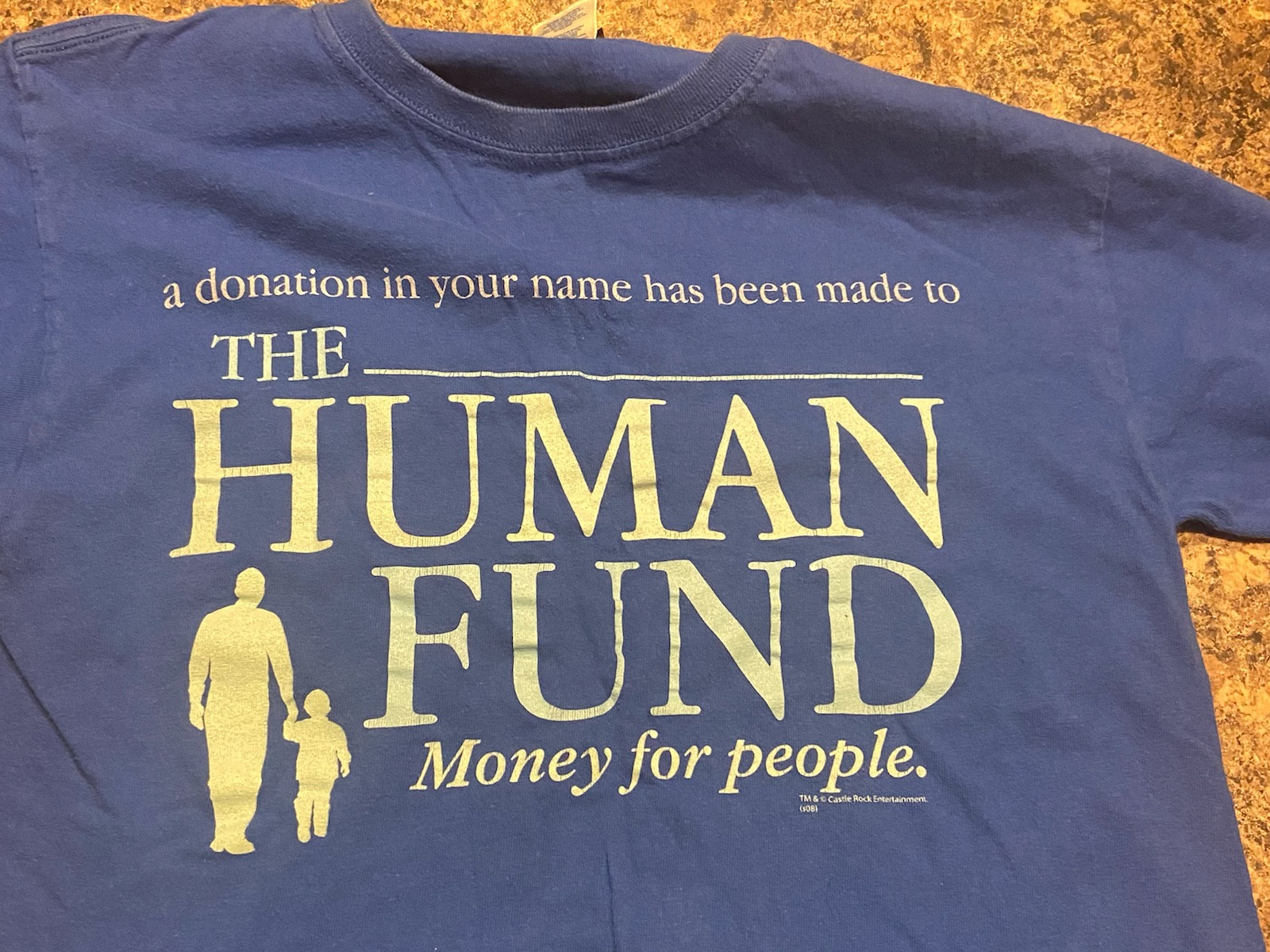Welcome to Friday and the 241st legal ethics quiz.
I’m way behind today! And what I’m about to share is probably a story that should remain untold. So, a good idea would be to skip straight to the quiz.
But where would the fun be in that! Not to mention, I’m in the mood to write and I’m struck by a story that, in a way, incorporates “241.” It’s the story of a strange fascination and an epic fail.
Earlier this week, I posted on the health benefits and importance of awe. For whatever reason, I’m fascinated by number theory. Every now and then I try to learn more about it. Whenever I do, I’m awed by the mathematical knowledge of people who lived thousands of years ago. It’s crazy to me that they were able to figure out the things that they did.
Anyhow, the study of prime numbers is a basic component of the field of number theory. Until recently, I thought I had a solid grasp of its fundamentals. So, it was with much confidence that I hit “start” on a 1-minute Sporcle quiz that challenged the brave to click on as many prime numbers as possible without clicking a non-prime.
My first click? “1.”
The game ended. My score was 0%.
Hold up. Something must be off. My mouse must not have been on the “1.” NBD. I’ll play again.
Again, first click, “1.”
Again, 0%.
Ok. Now things aren’t just “off.” Sporcle must be broken. What a pain. Whatever. I’ll try once more. This time, I’ll click very deliberately and slowly on “1”, to help Sporcle properly register my answer.
The third time wasn’t the charm. Another 0%. And it made me mad!
After all, I’m a budding number theorist! I mean, I’m aware that I went to public school and had to retake calculus my freshman year in college. But it’s not like I never took any math. Even I know that a prime number is a number that is evenly divisible by both 1 and itself. And, while perhaps too lawyerly of an argument, it’s beyond dispute that 1 is evenly divisible by both 1 and itself. Therefore, it’s a prime number.
Still, I didn’t play again. Why waste my time with a stupid game that didn’t know what it was talking about? Instead, I googled “prime numbers,” eagerly anticipating finding the proof I’d need to cut & paste into a snarky email to Sporcle.
Most of you know what happened next. Because you’re smarter than I.
The truth I sought doesn’t exist. As it turns out, 1 is not a prime number.

Apparently, a prime number is any number that is evenly divisible by both 1 and exactly one other whole number. Or, as stated in Scientific American,
- “the reason for 1 not being considered prime is the fundamental theorem of arithmetic, which states that every number can be written as a product of primes in exactly one way. If 1 were prime, we would lose that uniqueness. We could write 2 as 1×2, or 1×1×2, or 1594827×2. Excluding 1 from the primes smooths that out.”
Umm, yeah. Leave me alone.
Armed with my new knowledge, a rational next step would’ve been to return to Sporcle, start the quiz anew, and not click on “1.” Instead, I did what any self-respecting Seinfeld fan would’ve done upon learning that it wasn’t Sporcle, it was me: I broke up with Sporcle. Maybe I should dump number theory too. After all, when it comes to improving my wellness via intellectual growth, I might do best by sticking to my commitment to learn how to make bread.
Anyhow, how’s all this connect to “241?”
Via my new mnemonic.
If I ever find myself in a trivia contest that challenges players to identify the lowest prime number, I’ll remember to substitute 2 for 1.
241.
Onto the quiz!
Rules
- Open book, open search engine, text-a-friend.
- Exception: Question 5. We try to play that one honest.
- Unless stated otherwise, the Vermont Rules of Professional Conduct apply
- Team entries welcome, creative team names even more welcome.
- E-mail answers to kennedy@vermont.gov
- I’ll post the answers & Honor Roll on Monday
- Please consider sharing the quiz with friends & colleagues
- Share on social media. Hashtag it – #fiveforfriday
Question 1
I often refer to the 7 Cs of Legal Ethics. Professor Alberto Bernabe, a regular member of the Honor Roll, uses a similar construct. He suggests that students in his Professional Responsibility class remember the “bad grades.” That is, the Cs, a D, and an F.
Professor Bernabe’s Cs are the same as mine. The “F” is for “fiduciary.”
What duty does the “D” stand for?
Question 2
Prospective Client contacted Lawyer seeking representation in a matter in which Prospective Client’s interests are materially adverse to the interests of one of Lawyer’s former clients. The new matter is substantially related to the matter in which Lawyer represented Former Client. However, Lawyer does not remember anything about the representation of Former Client and no longer has access to the file.
Which is most accurate?
- A. Because the matters are substantially related to each other, Lawyer is presumed to have received confidential information from Former Client.
- B. Because the matters are substantially related to each other, Former Client will not be required to disclose confidences in order to protect them.
- C. A & B.
- D. Whether Lawyer can represent Prospective Client necessarily turns on how long ago the representation of Former Client ended.
Question 3
Lawyer called me with an inquiry. I listened, then replied: “I wouldn’t call without permission. I understand your point about the matter not yet being in litigation. But the rule isn’t limited to matters that are in litigation. It applies to any matter.”
What’s the topic of the rule I referenced?
Question 4
What type of conflict is less likely to be imputed to other lawyers in the same firm as the conflicted lawyer?
- A. a conflict between a former client & current client
- B. a conflict between current clients
- C. a conflict arising from a personal interest of the disqualified lawyer
- D. Trick question. In VT, all conflicts are imputed to others in the same firm.
Question 5
Some people like question 5 to be about pop culture. Others don’t. Today, and in the spirit of the holidays, it’s a bit of both.
Rule 1.2(d) prohibits a lawyer from assisting or advising a client to commit a crime. The rule draws no distinction between state & federal crimes or between crimes that the government enforces more or less vigorously than others. As such, the rule used to cause concern for Vermont lawyers representing clients involved in a particular industry. So much concern that, several years ago, we amended the rule.
As amended, a new comment clarifies that a lawyer may assist and advise a client on the scope, validity, and meaning of Vermont law that governs a particular product, as long as the lawyer also advises the client as to the potential consequences of the conduct under federal law and policy.
Question: What industry or product?
Bonus: Name the celebrity whose famous holiday song uses the product in a rhyme with the holiday.
Double Bonus: Name the other product that the same celebrity uses to rhyme with both the holiday and the first product in one version of the song. The second product isn’t associated with Rule 1.2(d) or assisting/advising a client to violate a crime, although perhaps it was during prohibition.








